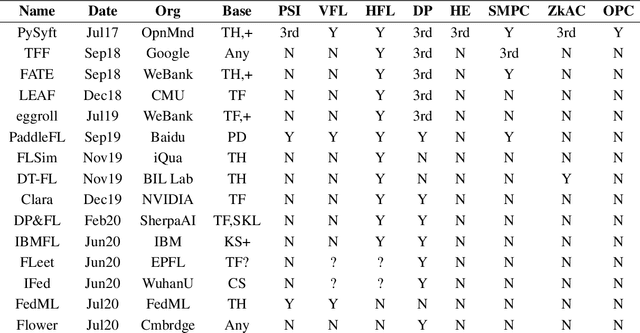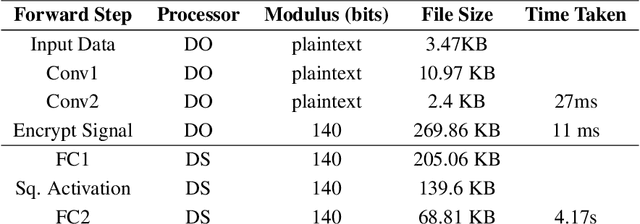Nahua Kang
Is end-to-end learning enough for fitness activity recognition?
May 14, 2023



Abstract:End-to-end learning has taken hold of many computer vision tasks, in particular, related to still images, with task-specific optimization yielding very strong performance. Nevertheless, human-centric action recognition is still largely dominated by hand-crafted pipelines, and only individual components are replaced by neural networks that typically operate on individual frames. As a testbed to study the relevance of such pipelines, we present a new fully annotated video dataset of fitness activities. Any recognition capabilities in this domain are almost exclusively a function of human poses and their temporal dynamics, so pose-based solutions should perform well. We show that, with this labelled data, end-to-end learning on raw pixels can compete with state-of-the-art action recognition pipelines based on pose estimation. We also show that end-to-end learning can support temporally fine-grained tasks such as real-time repetition counting.
Syft 0.5: A Platform for Universally Deployable Structured Transparency
Apr 27, 2021



Abstract:We present Syft 0.5, a general-purpose framework that combines a core group of privacy-enhancing technologies that facilitate a universal set of structured transparency systems. This framework is demonstrated through the design and implementation of a novel privacy-preserving inference information flow where we pass homomorphically encrypted activation signals through a split neural network for inference. We show that splitting the model further up the computation chain significantly reduces the computation time of inference and the payload size of activation signals at the cost of model secrecy. We evaluate our proposed flow with respect to its provision of the core structural transparency principles.
 Add to Chrome
Add to Chrome Add to Firefox
Add to Firefox Add to Edge
Add to Edge